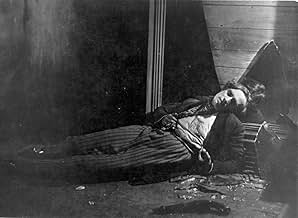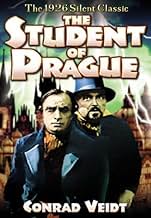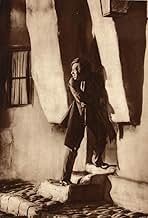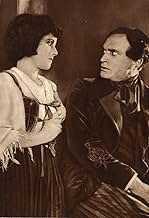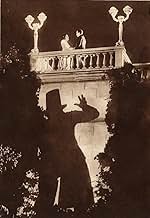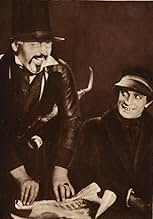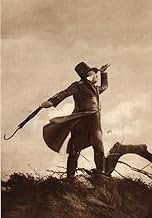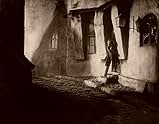For Balduin, going out to beer parties with his fellow students and fighting out disputes at the tip of the sword have lost their charms. He wants to find love; but how would he, a penniless... Read allFor Balduin, going out to beer parties with his fellow students and fighting out disputes at the tip of the sword have lost their charms. He wants to find love; but how would he, a penniless student, ever dare looking up to any woman worth of loving? Absorbed in his dreary though... Read allFor Balduin, going out to beer parties with his fellow students and fighting out disputes at the tip of the sword have lost their charms. He wants to find love; but how would he, a penniless student, ever dare looking up to any woman worth of loving? Absorbed in his dreary thoughts and indifferent to the advances of Lyduschka, Balduin is unexpectedly offered a fortune... Read all
- Director
- Writers
- Stars
- Liduschka, Blumenmädchen
- (as Elizza la Porta)
- Comtesse Margit, seine Tochter
- (as Agnes Esterhazy)
- Director
- Writers
- All cast & crew
- Production, box office & more at IMDbPro
Featured reviews
A mephistophelian character named Scarpinetti offers to deliver on that, and in one scene dramatically stands atop a windy hill by a fallen tree gesturing towards a hunting party. They seem to follow his directions, which leads to a rich heiress having trouble with her horse near Balduin, who rescues her.
However, this is just a tease from Scarpinetti. Balduin goes to visit the woman later, taking with him a flower from a poor flower girl (who seems sweet on him). He fidgets with the flower behind his back, and seems to be contemplating giving it to the rich woman, when her fiancé's large flower arrangement arrives. Balduin realizes he needs money to woo this woman (forgetting, seemingly, that he'd wanted a rich woman for money in the first place anyway).
He makes a deal with Scarpinetti: 600,000 pieces of gold (! - error in the intertitle, maybe?) and Scarpinetti gets to take anything he wishes from Balduin's room. He manages to take Balduin's mirror reflection, and while that would seem to be the end of the deal, Scarpinetti still influences events in Balduin's life.
There are some striking scenes in the movie, and some scenes that really drag. One that goes on for a long time is a party after someone had died, and there doesn't seem to be much purpose to it, or at least for it to have been so long.
Balduin's mirror reflection doppelganger doesn't show up much, but figures in more towards the end, which is pretty satisfactory. I'm curious to see the other adaptations of this story now as well.
Did you know
- TriviaElizza La Porta's debut.
- Alternate versionsVersion restored in 1999 for the Munich Film Archive based on a copy with Spanish intertitles from the Archivo Nacional de la Imagen y la Palabra - Sodre in Montevideo that was secured by L'Immagine Ritrovata, Bologna, and a German copy secured by Gosfilmofond, Moskow. The version has been re-tinted, with the tinting only partially matching that of the Spanish copy. Music by Stephen Horne, sound Orpheus Studio, London. Runtime 2 hours 13 minutes.
- ConnectionsEdited into Histoire(s) du cinéma: Le contrôle de l'univers (1999)
- How long is The Student of Prague?Powered by Alexa
Details
- Release date
- Country of origin
- Language
- Also known as
- The Student of Prague
- Production company
- See more company credits at IMDbPro
- Runtime
- 1h 50m(110 min)
- Sound mix
- Aspect ratio
- 1.33 : 1

